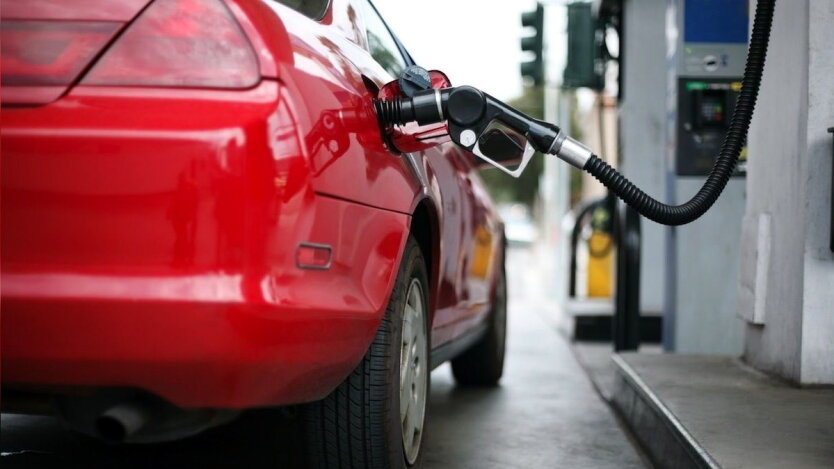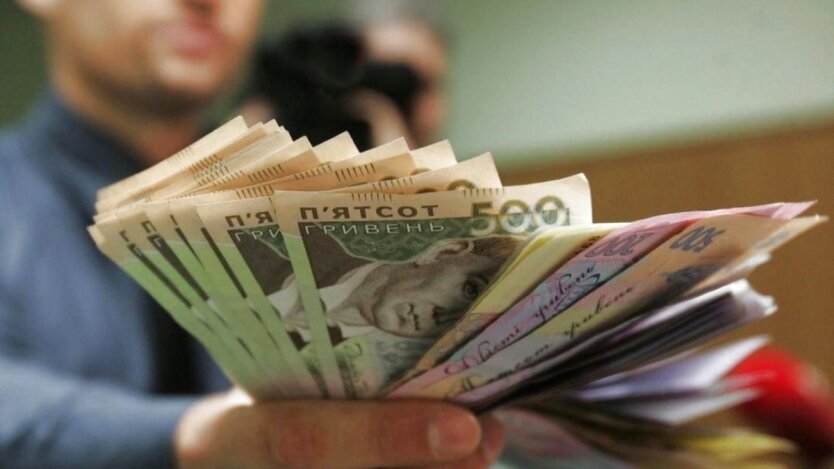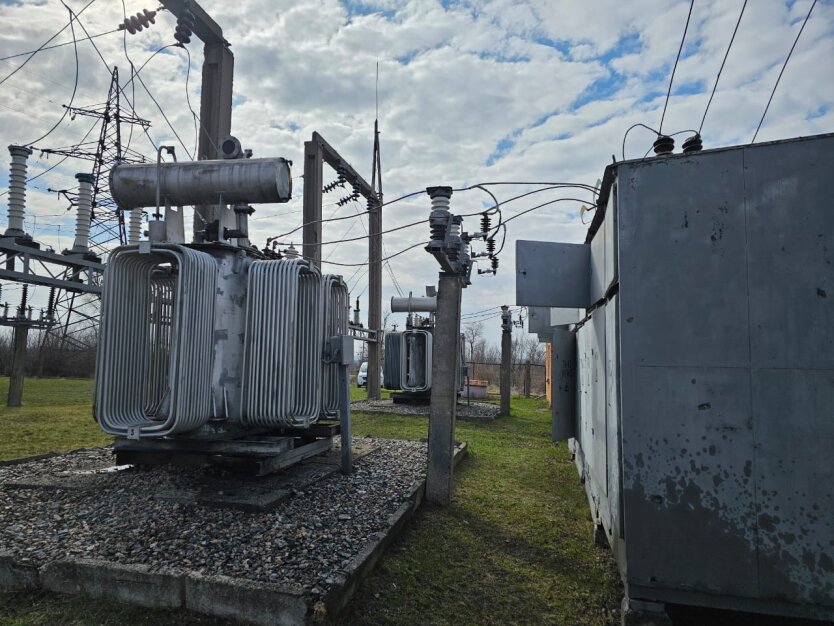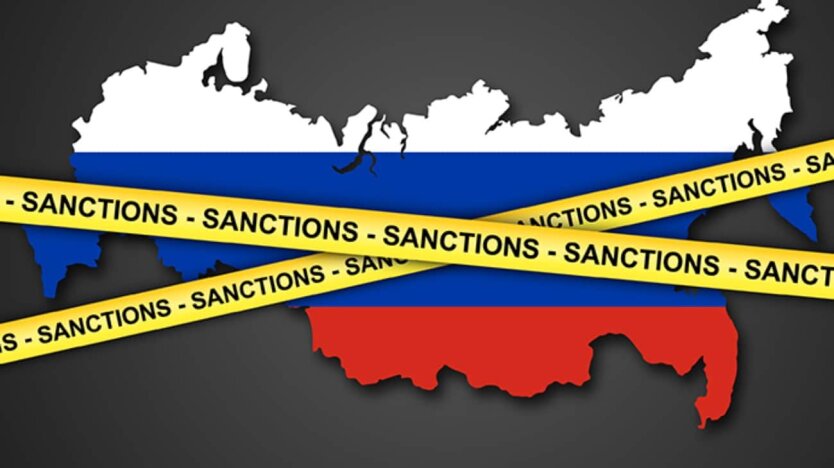In one of the European countries, payments to Ukrainians have been suspended: strict checks have begun.

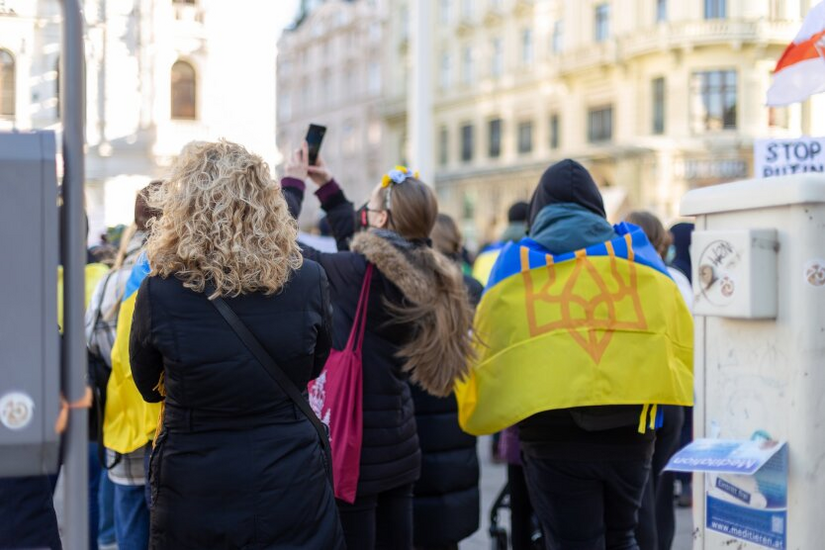
In Vienna, checks on recipients of basic assistance among Ukrainian refugees are being intensified
The head of the relevant department of the Vienna Social Welfare Fund (FSW), Martina Plachovic, reported changes in the system of checks on recipients of basic assistance among Ukrainian refugees. Under the new rules, checks have become more complex and are being conducted more frequently to detect cases of fraud and presence abroad. If violations are found, assistance payments will be temporarily suspended, but after a full verification and confirmation of real need, they will be restored. This process is planned to be completed within a few weeks.
Additionally, one of the new requirements is registration with the employment service, although exceptions are provided for some individuals with caregiving responsibilities or age restrictions. According to Martina Plachovic, 14,000 displaced persons from Ukraine are receiving basic assistance in Vienna, of which about a quarter are minors. Approximately 8,000 individuals are of working age.
According to charity organizations, some Ukrainians stopped receiving payments in December and are now forced to seek free meals and food. For families renting privately, a monthly rent assistance of 330 euros is provided, adults receive 260 euros for food and hygiene products, while children receive 145 euros.
It was previously reported that return centers for Ukrainian refugees may appear in Europe.
Read also
- Drivers shown new gas station prices: where refueling has become unprofitable
- Contribution of 1760 hryvnias: the Pension Fund of Ukraine revealed how to affect the pension
- Ukrainian hospitals will be divided into clusters: how this will affect patients
- The Energy Fund increased procurement volumes of equipment for Ukraine
- The European Union has extended certain sanctions against Russia: deadlines announced
- Behind the wheel is not allowed: drivers are deprived of their rights for evading mobilization

